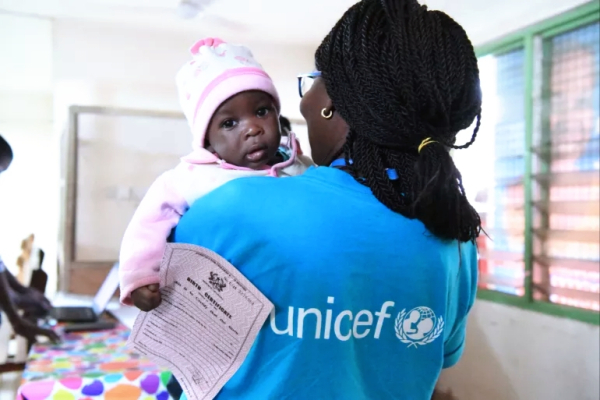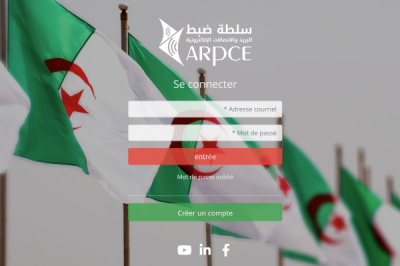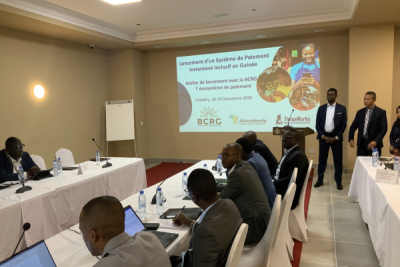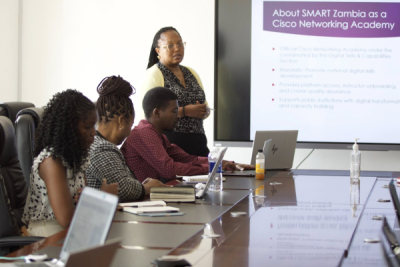Accurate birth registration data is essential for government planning and budgeting, ensuring efficient resource allocation. It also helps monitor progress towards Sustainable Development Goals (SDGs) such as eliminating poverty, promoting quality education, and reducing inequality.
The United Nations Children's Fund (UNICEF) has underscored the critical need for e-birth registration to ensure Nigerian children obtain a legal identity. Celine Lafoucriere, Chief of UNICEF's South-West Nigeria Field Office, highlighted this during a media dialogue in Lagos on July 17.
The event, organized by UNICEF in collaboration with the Lagos State Ministry of Youth and Social Development and the National Population Commission (NPC), aimed to promote e-birth registration in South-West Nigeria.
Lafoucriere noted that without a birth certificate, a child remains invisible and lacks access to essential services such as protection, health, and education. "Birth registration is a fundamental human right and cornerstone of a child's legal identity," she said.
The dialogue underscored the collective effort required to ensure every Nigerian child is registered and has access to their legal rights and essential services.
According to the 2022 ‘Statistical Update on Birth Registration in Africa’ by UNICEF and the UN Economic Commission for Africa (UNECA), out of the 164 million children under 5 worldwide who are unregistered, over half (approximately 91 million) reside in Africa. This lack of registration hinders effective planning and policy-making, as accurate data is crucial for these processes.
The E-birth registration will allow parents to register their children immediately after birth, addressing accessibility challenges in Nigeria. This system supports robust civil registration and generates vital statistics for effective planning and policy implementation.
Hikmatu Bilali



















